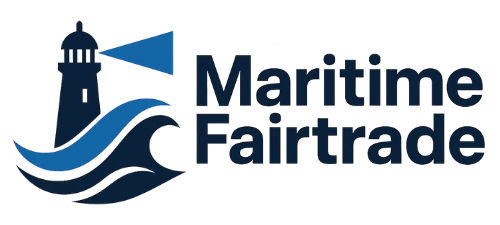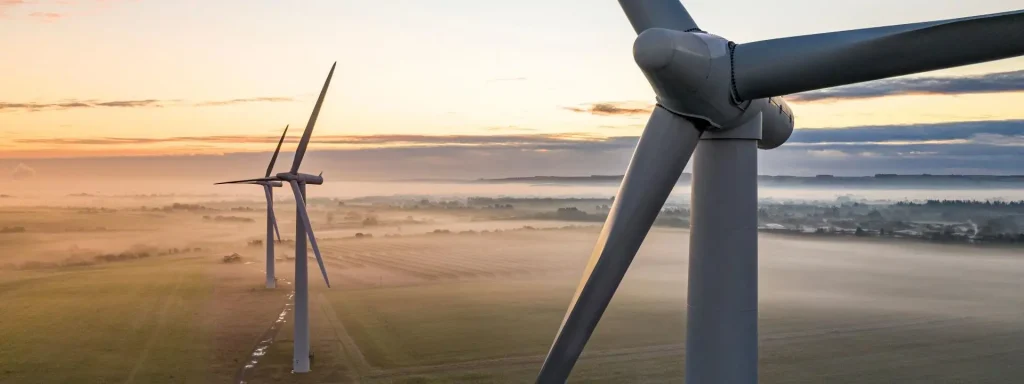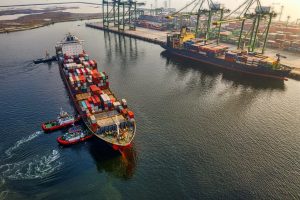The FRONTLINE project, led by Heriot-Watt University and funded by UK Research and Innovation (UKRI) and The Crown Estate, explores the impact of floating offshore wind farms (FLOW) on marine ecosystems. Over four years, researchers aim to uncover how the expansion of offshore wind infrastructure and climate change affect the marine food chain, particularly ocean fronts—critical areas known for seasonal plankton blooms and diverse marine life.
The project focuses on the Celtic Sea, a prime area identified by the UK Government for accelerating offshore wind development. Utilizing advanced technologies such as autonomous underwater vehicles (AUVs), satellite remote sensing, and aerial video surveys, the study aims to assess both direct and indirect effects of wind farms on marine processes and biodiversity. Professor Stephen Votier, an expert in Seabird Ecology, emphasizes that the research will help elucidate how the physical structures of wind farms might affect essential components of the marine ecosystem, including plankton and forage fish, which are vital for larger marine predators and commercial fisheries.
Despite the known importance of ocean fronts in marine productivity and climate cycling, there is a significant knowledge gap regarding the ecological consequences of floating offshore wind installations. The FRONTLINE project seeks to address this gap, guiding sustainable measures in ocean management amidst increasing demands for offshore wind energy, crucial for achieving global net-zero targets.
Collaboration is a key aspect of the study, with project partners from institutions like the Marine Biological Association (MBA), the University of Plymouth, and others joining efforts to gather and analyze data. To gain a holistic view of the ecosystem, the team will use seabirds as indicators of environmental change, providing insights both above and below water. This unique approach will also assess potential collision hazards posed by wind farm structures to seabirds while examining the effects of these installations on predator foraging behaviors.
In addition to employing sophisticated AUVs, the project will utilize cutting-edge digital plankton imaging technologies and acoustic recorders to study marine mammals in relation to ocean fronts. Through these combined efforts, the FRONTLINE project aims to generate a comprehensive understanding of how offshore wind farms interact with and potentially alter marine ecosystems, ultimately contributing to more informed policy decisions and sustainable practices in marine resource management.
Source link










